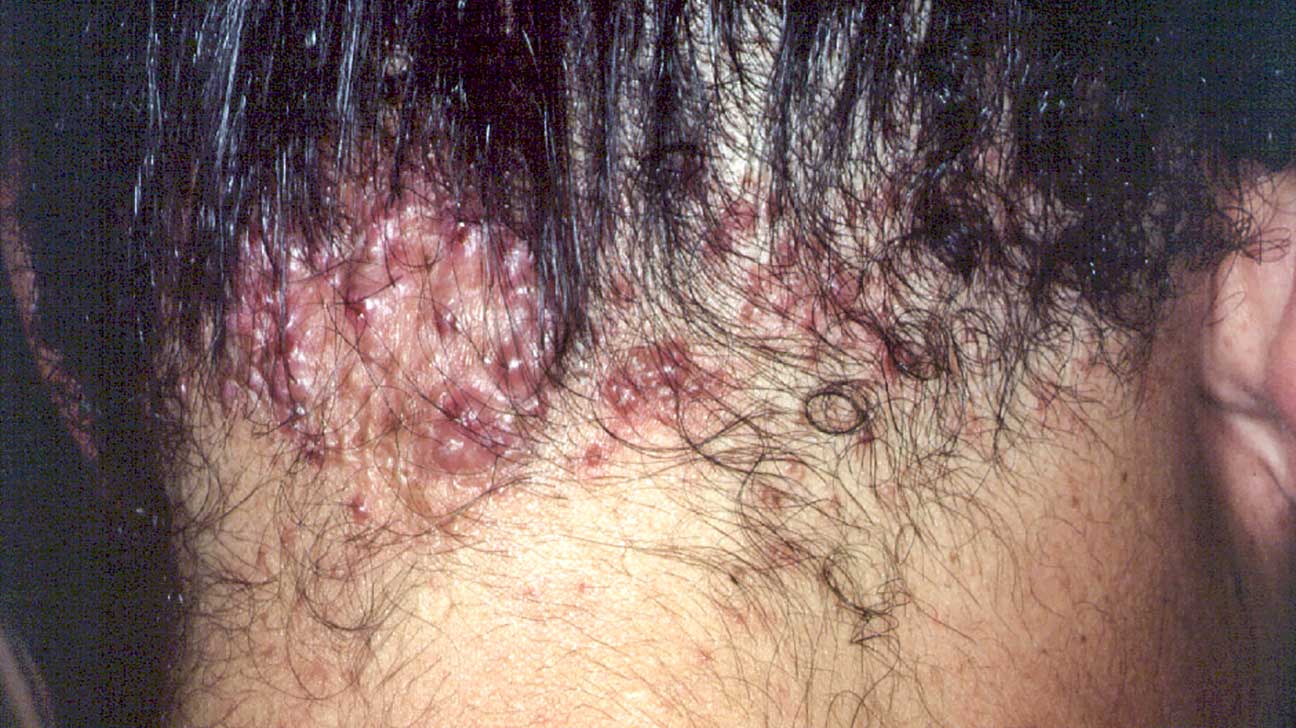
Blocked hair follicles can be a troublesome condition, often leading to discomfort and potential scalp issues. Contrary to popular belief, these blockages aren’t solely a result of poor hygiene. Instead, they can arise from an excess of sebum, product buildup, dead skin cells, and occasionally, bacterial or fungal infections. Hormonal imbalances and stress are significant contributors too. Understanding the causes is vital, as they often manifest as pimple-like bumps that may itch or inflame. These can appear not only on the scalp but also in areas like the armpits and groin. Effective solutions require a comprehensive approach that combines targeted products, lifestyle adjustments, and preventative measures, which can collectively mitigate the factors leading to clogged follicles and promote healthier hair.
Causes and symptoms of blocked hair follicles
The primary cause of blocked hair follicles is excess oil and dead skin cell accumulation, which can clog hair pores. Hormonal fluctuations, especially during puberty or pregnancy, can exacerbate oil production. Adding to these are external factors like pollution, which might introduce toxins to the scalp. Symptoms to watch for include red bumps, irritation, and sometimes pus. Recognizing these early signs is crucial for effective treatment and preventing complications like folliculitis, a bacterial infection that can cause chronic inflammation and potential hair loss.
Comprehensive treatment and home remedies
Addressing blocked hair follicles often involves a strategic treatment regimen. Using clarifying shampoos with salicylic or glycolic acid can exfoliate the scalp, removing excess buildup and opening blocked pores. Medical interventions might include topical antibiotics or laser therapy for more persistent cases. Additionally, natural remedies like tea tree oil and apple cider vinegar are known for their scalp soothing properties. Consistent scalp hygiene is paramount to prevent further blockages. For a detailed guide on how to unclog hair follicles, explore expert-recommended solutions.
Effective prevention strategies
Preventing blocked follicles hinges on regular scalp care, avoiding tight clothing that can irritate skin and adopting healthy lifestyle choices. Managing stress through techniques such as meditation or exercise can help reduce oil production. Furthermore, a balanced diet rich in vitamins and minerals supports healthy hair production, emphasizing the role of dietary habits in preventing clogged follicles. Hydration is equally essential, ensuring adequate moisture for the scalp. Regular cleaning and avoiding heavy, pore-clogging hair products can make a significant difference in maintaining unobstructed follicles.
Understanding complications and risk management
If neglected, blocked hair follicles can escalate into more severe issues, such as chronic infections or permanent hair loss due to scarring. Those with naturally oily skin or who are smokers may face a higher risk of such complications. Dermatological studies emphasize the efficacy of specific treatments like salicylic acid, both for prevention and alleviation of symptoms. Adopting a proactive approach is crucial in managing these risks, combining medical insights with practical lifestyle adjustments for optimal scalp health.
